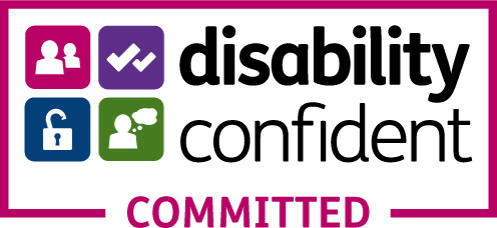How to deal with job application rejection
You’ve sent (what feels like) hundreds of CVs, spent days perfecting applications, and waited weeks hoping for a call back from your dream job. The phrase ‘no news is good news’ just doesn’t cut it anymore.
Not hearing back from an application you worked hard on, or being rejected after attending an interview, can easily dent your confidence. We get it. The challenges of job search aren’t exactly easy.
But being turned down doesn’t have to dampen your morale. Rejection is completely normal and has happened to just about everyone. It’s time to look at the bigger picture, think objectively, and build on your strengths to help you find the perfect job.
Here’s our top tips to lift your spirits when dealing with job application rejection.
1. Don’t take it personally
There are usually a whole host of factors playing into a recruiter or company’s decision-making process.
Maybe they couldn’t afford your expected salary, perhaps they had an internal applicant, or they didn’t feel you’d gel with the team.
There’s often hundreds of applications for one job. Only one person can get it, and many talented applicants are rejected because of a tight job market.
Hiring decisions are also entirely subjective. If it was a different recruiter, they might have chosen you.
There are a variety of reasons for not getting a job which have nothing to do with you being a bad applicant – so try to look at the situation rationally and tell yourself it was nothing personal.
2. Take on the feedback
You could follow up a rejection email or letter by asking for feedback.
Alison Doyle, a job search expert at thebalance.com, said “Many employers won’t disclose any information to applicants they rejected, because they are concerned about legal issues like discrimination. That said, it can’t hurt to ask, and if you do get feedback, consider how you can use it enhance your chances in the future.”
To stop your imagination running wild and assuming the worst, it’s helpful to find out why you didn’t get the job.
Take feedback onboard, think about what you could have done better or differently, and if the rejection was because of a missing skill, you could consider taking a short course to fill the gap.
If you don’t receive feedback, take some time to do a self-evaluation. What do you think went wrong? Were there any questions you feel you answered poorly? This will help you prepare for the next interview.
3. Focus on strengths and regain self esteem
It’s all too easy to focus on the negative and put yourself down. But just remember that you’ve got some excellent skills and qualities which will be perfect for another company or role – you just haven’t found the right fit.
Make a detailed list of your strengths, accomplishments and achievements. At your next interview, you’ll be able to describe all the great things you can bring to the company with confidence.
Each time you receive positive feedback, add it to your list and read over it regularly. Having a thorough understanding of yourself and your strengths will help you secure a role that’s right for you.
A job rejection might seem like the end of the world but, in reality, it’s a great opportunity to learn more about yourself, tackle feedback head-on, master the interview process, and ultimately land that perfect role.
We can help
We understand how frustrating the job search process can be and that’s why S2 Recruitment specialise in executive level and IT jobs in North Wales and beyond – we aim to take the pain out of your job search. We have the contacts and the experience to connect you with the employers and the roles that suit your skills and aspirations. Get in touch with the Supertemps team today.
Our Awards and Accreditations













 03333 235 900
03333 235 900 Login / Register
Login / Register
